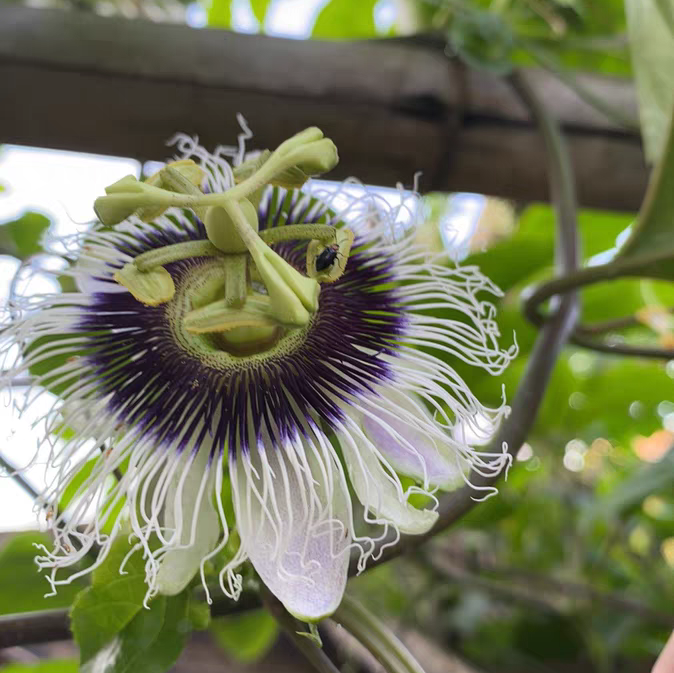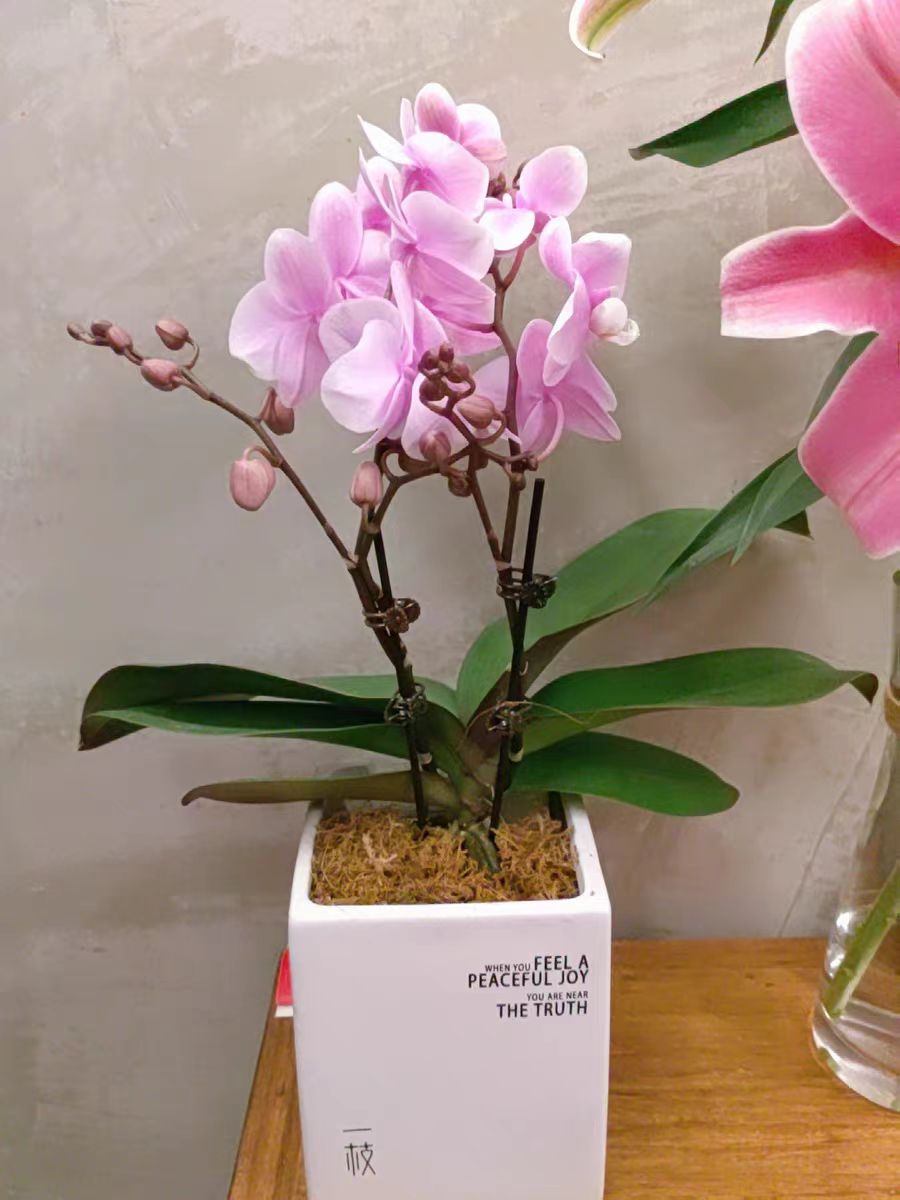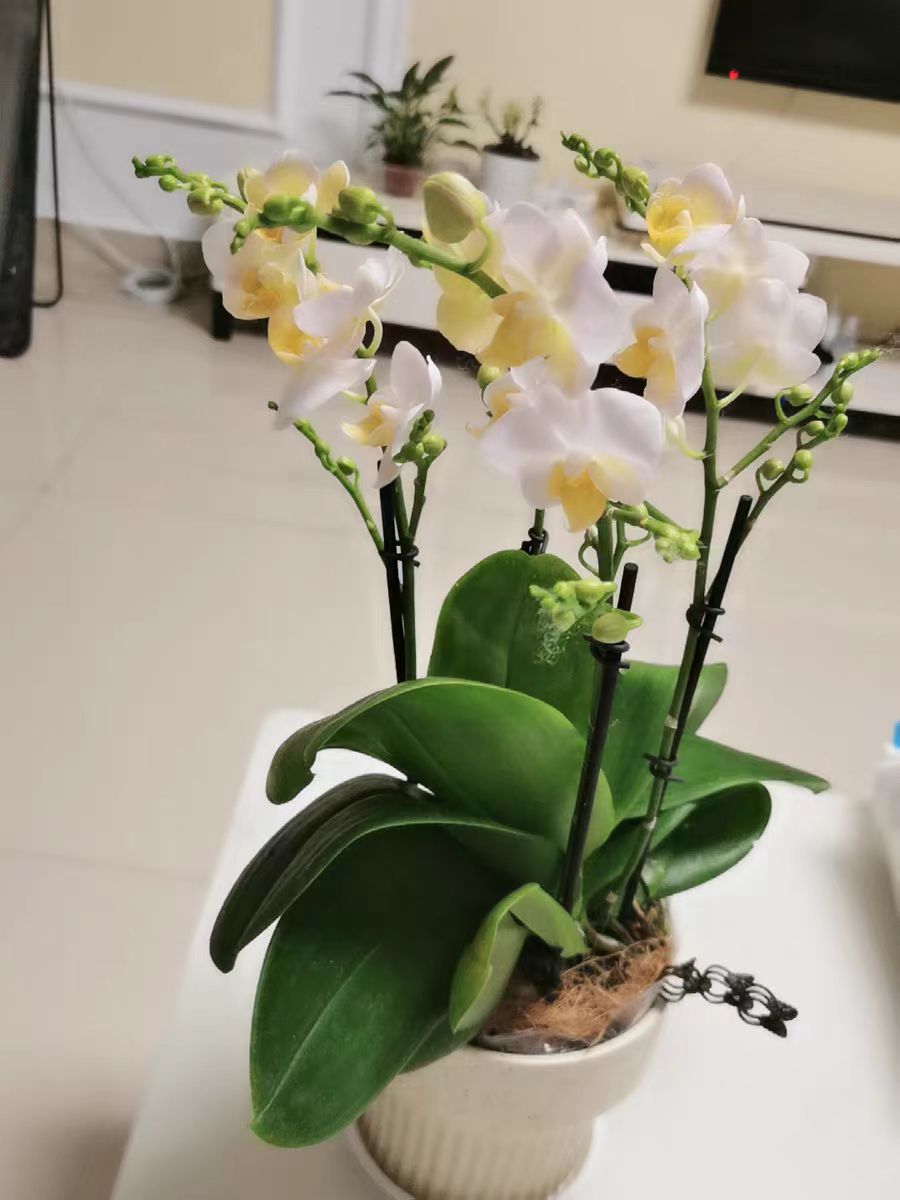Passion fruit, also known as passionflower, is a vine plant originating from tropical and subtropical regions. It has a mild nature and is neither hot nor cold in property. The shape of the passion fruit is like an egg. When it ripens, the peel turns purplish-red, and inside there is yellow or orange-yellow gelatinous pulp with black seeds embedded in it. It is full of fruit juice and has a unique fragrance that combines the aromas of many fruits, so it gets the name "passion fruit".
Passion fruit is rich in nutrients and has excellent health care and medicinal values for the human body. The antioxidant substances it contains, such as vitamin C, vitamin E and carotenoids, can effectively eliminate free radicals in the body, reduce oxidative damage to cells, delay aging, improve human immunity and prevent a variety of diseases. Meanwhile, the dietary fiber in passion fruit can promote intestinal peristalsis, enhance the sense of satiety, help digestion and absorption, and has a remarkable effect on improving constipation and maintaining intestinal health.
In addition, passion fruit is also rich in minerals such as potassium, magnesium and calcium. These elements are crucial for maintaining normal heart function, regulating blood pressure and promoting the healthy growth of bones. Its natural calming ingredients can relieve anxiety, improve sleep quality and help people achieve a state of physical and mental relaxation in a fast-paced life.
During the planting and maintenance process of passion fruit, the following key points need to be paid attention to. Passion fruit is suitable for growing in an environment with sufficient sunlight, warm and humid climate, loose and fertile soil and good drainage. When planting, healthy passion fruit seedlings can be selected for transplantation. Although it can also be propagated by seeds, the growth cycle is relatively long. Before planting, it is necessary to build a trellis to facilitate the climbing growth of passion fruit vines.
Passion fruit has a relatively large demand for water during its growth period, but it is necessary to avoid waterlogging that may lead to root rot. The soil should be kept moist and ensure smooth drainage. In terms of fertilization, organic fertilizers or compound fertilizers need to be applied regularly to meet the needs of its growth, development, flowering and fruiting. As a vine plant, passion fruit needs to be pruned regularly to promote the growth of lateral branches and improve ventilation and light transmission conditions, so as to improve the yield and quality of fruits. During the growth process, attention also needs to be paid to pest and disease control. Common pests and diseases include root rot, anthracnose and fruit flies. They can be effectively prevented and controlled by combining biological control, physical control and chemical control methods.
With its unique flavor, rich nutrition and diverse efficacy and functions, passion fruit is deeply favored and loved by everyone.
What are the efficacy and functions of passion fruit?

Share with
Tagged in :




Leave a Reply